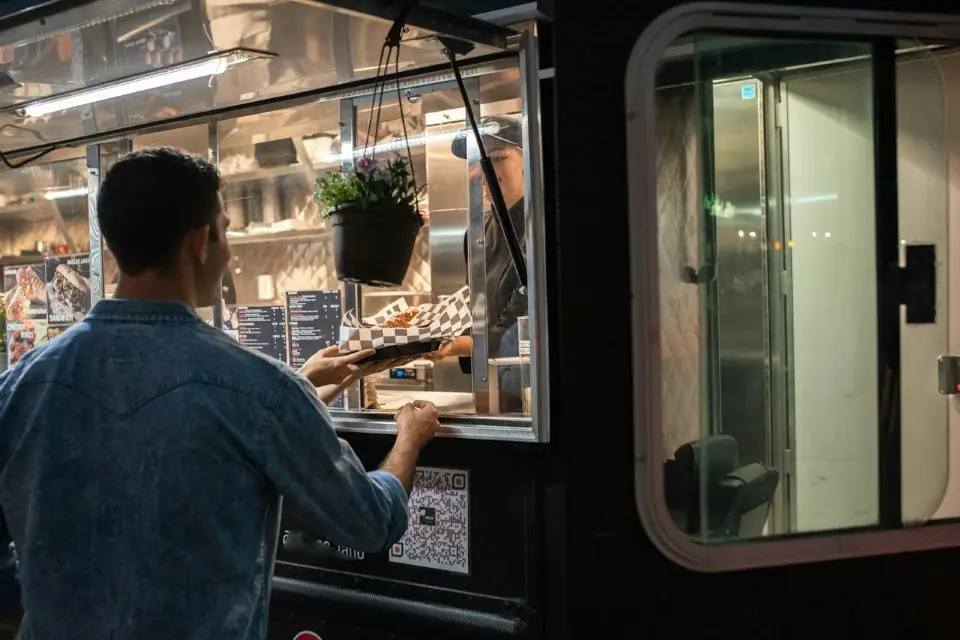Starting a food truck business can be an exciting way to share your culinary passions while enjoying the freedom of being your own boss. With low start-up costs compared to opening a restaurant and flexibility in operating locations, food trucks have become increasingly popular business ventures across the U.S., including in Ohio. This guide will walk you through the key steps and considerations for starting a successful food truck in Ohio.
Choose a Food Truck Concept
Your food truck concept should be focused and specialized to help attract a loyal customer base. Research popular food trends and local competition to come up with a unique food truck idea that fills a need in the community. Some popular options include burgers, tacos, BBQ, frozen desserts, vegetarian fare, and fusion cuisines. Your concept should also take into account any necessary kitchen equipment based on your menu.
Register Your Business
Like any new business, you’ll need to choose a business structure and register your company with the Ohio Secretary of State. Options like sole proprietorship, partnership, LLC, and corporation each have different legal and tax implications to consider. You’ll also need to apply for an Employer Identification Number (EIN) from the IRS if you plan to hire employees.

obtain Licenses and Permits
There are several important licenses and permits required to operate a food truck legally in Ohio. You’ll need a valid driver’s license, license plates and registration for your food truck, and business auto insurance coverage. Most cities require a food truck license or permit to operate, so research the specific regulations in your planned locations. A mobile food license from your local health department is crucial to prepare and serve food safely.
Buy and Outfit Your Food Truck
Purchasing your food truck vehicle is a huge investment. New trucks cost $50,000-$100,000, but used trucks can run $30,000-$60,000. Choose a truck with enough space for your menu needs and outfit the interior with necessary equipment like stoves, refrigerators, sinks, etc. You’ll also need exterior signage featuring menus and prices as required by the city.
Develop Your Menu
Plan a focused menu with your truck’s cooking capacity in mind. Include several signature dishes along with some classics. Price items profitably, sourcing quality ingredients at the best prices. Design an efficient kitchen workflow and train staff on standardized recipes. Practice cooking dishes consistently to quality standards before launching.
Comply with Health and Safety Regulations
Ohio food trucks must comply with state and local health department regulations. This includes safe food handling, storage, and hygiene practices. Trucks require properly equipped handwashing and utensil washing stations, refrigeration to keep food at safe temperatures, and sanitation of all food contact surfaces. Routinely inspecting and servicing equipment helps prevent issues.

Identify Operating Locations
Success depends heavily on parking in optimal high-traffic locations at the right times. Identify events, office areas, and other locations that fit your target customer. Build relationships with venue managers to secure prime spots. Sign up for prepaid spots on private lots. Download apps like Roaming Hunger to find bookable locations.
Market Your Food Truck
Strong marketing establishes your brand and attracts new customers. Use social media and your website to post menus, photos, event schedules, and promotions. Print eye-catching flyers to hand out on foot in your areas. Partner with local businesses and offer discounts or deals to draw in customers. Focus on providing amazing food, customer service and building community relationships.
Conclusion
Starting a food truck in Ohio takes careful planning, significant investment, and consistent hard work. But combining your passion for food with a well-executed business plan can create a fulfilling small business endeavor. Use this guide to tackle the key steps of starting your food truck while complying with Ohio regulations. With persistence and smart management, your tasty offerings on wheels can gain a loyal following.

